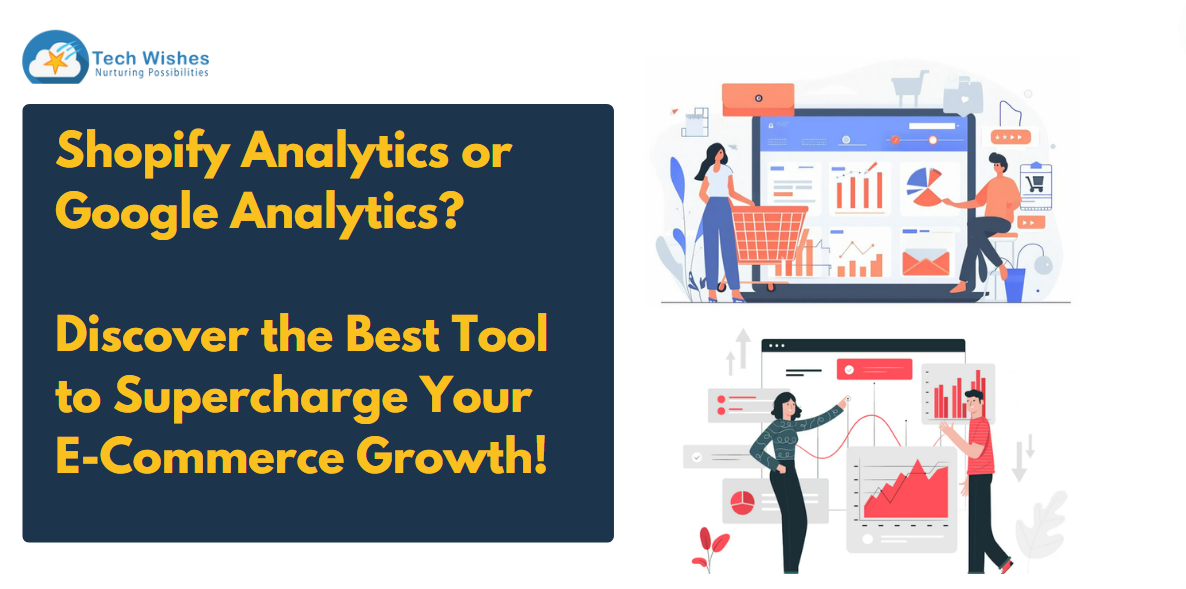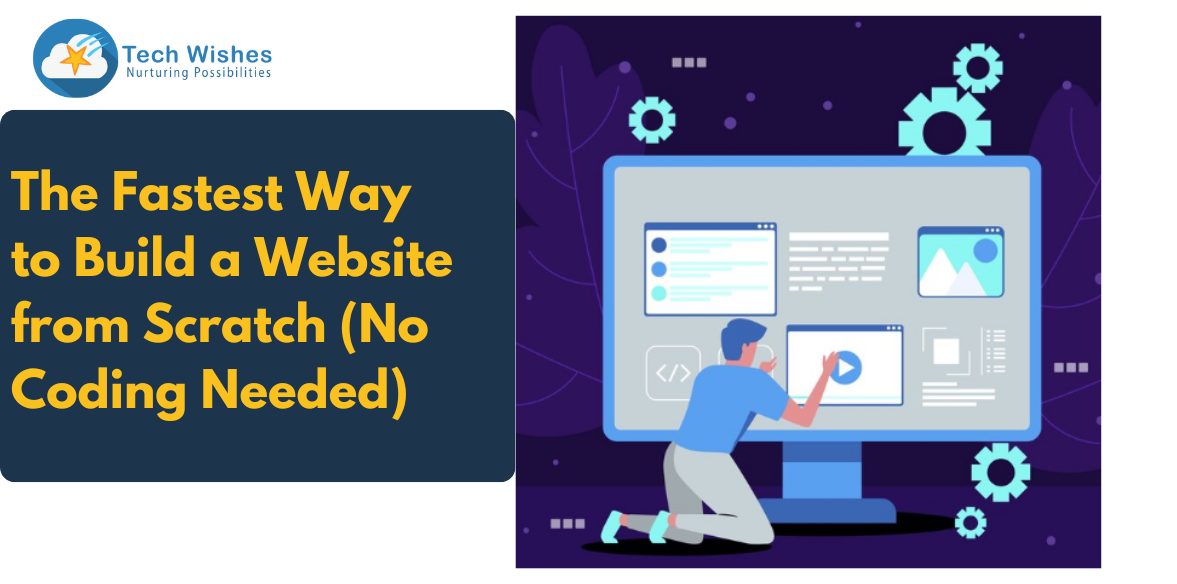In the fast-paced world of e-commerce, data is king. Understanding your customers, tracking their behaviours, and analysing your store’s performance is crucial to driving growth. However, when choosing the right analytics tool, e-commerce business owners often find themselves at a crossroads: Shopify or Google Analytics. Both platforms offer powerful insights, but which one is the best fit for your business?
Let’s dive deep into the features, benefits, and limitations of each to help you make an informed decision.
Understanding Shopify Analytics: Tailored Insights for Your Store
Shopify Analytics is integrated directly into your Shopify dashboard, providing you with a seamless and user-friendly experience. It’s designed specifically for Shopify store owners, making it incredibly intuitive for those who are already familiar with the platform.
Key Features of Shopify Analytics
Sales Reports: Shopify Analytics gives you detailed sales reports that break down your store’s performance by-products, orders, and customers. You can track total sales, average order value, conversion rates, and more.
Customer Reports: Understanding your customers is key to growing your business. Shopify provides insights into customer behaviour, such as repeat purchase rates, customer lifetime value, and segmentation based on buying patterns.
Product Analytics: Which products are performing well? Which ones are lagging? Shopify helps you identify your best sellers, low-performing items, and product-specific conversion rates.
Traffic Reports: Shopify Analytics tracks your store’s traffic, showing you where visitors are coming from, whether it’s direct traffic, referrals, or social media. This helps you identify the most effective channels for driving traffic to your store.
Financial Reports: These reports help you keep a close eye on your store’s financial health. Track your gross profit, taxes, payment gateway fees, and more.
Benefits of Shopify Analytics
Ease of Use: Shopify Analytics is built into the platform, so there’s no need for additional setup or complex integrations.
Custom Reports: With the advanced reporting features available on Shopify Plus, you can create custom reports from Shopify sales analytics that are tailored to your business needs.
Limitations of Shopify Analytics
Limited Scope: While Shopify Analytics is great for tracking store-specific metrics, it doesn’t offer the broad scope of insights that Google Analytics provides.
Basic Reporting for Lower Plans: If you’re on Shopify’s Basic plan, you’ll have access to only the most fundamental reports. To unlock advanced analytics, you’ll need to upgrade to a higher-tier plan.
Exploring Google Analytics: A Comprehensive View of Your Digital Presence
Google Analytics is a powerhouse tool that provides a comprehensive view of your entire online presence, not just your Shopify store. It’s an ideal solution for businesses looking to track detailed user behaviour across multiple channels.
Key Features of Google Analytics
User Demographics and Interests: Google Analytics provides in-depth demographic data, such as age, gender, and interests, helping you better understand your audience.
Behaviour Flow: This feature allows you to see how visitors navigate through your site, from the landing page to the exit. It helps you identify where users drop off and which paths lead to conversions.
Traffic Sources: Google Analytics code for Shopify offers detailed insights into where your traffic is coming from, whether it’s organic search, paid ads, social media, or referrals.
Conversion Tracking: Set up goals to track specific actions on your site, such as form submissions, purchases, or downloads. Google Analytics helps you measure and optimise your conversion rates.
Custom Dashboards and Reports: Tailor your Google Analytics dashboard to focus on the metrics that matter most to your business. You can also create custom reports to analyse specific data points.
Integration with Other Google Tools: Google Analytics seamlessly integrates with other Google tools like Google Ads, Google Search Console, and Google Data Studio, providing a unified view of your marketing efforts.
Benefits of Google Analytics
Comprehensive Data: Google Analytics tracks a wide range of data points, offering a holistic view of your online presence beyond just your Shopify store.
Advanced Segmentation: Segment your audience by various criteria, such as location, behaviour, and device, to gain deeper insights into user behaviour.
Limitations of Google Analytics
Complexity: Google Analytics can be overwhelming for beginners due to its vast array of features and data points.
Manual Setup Required: Unlike Shopify Analytics, Google Analytics requires manual setup and customization to get the most out of it. This includes adding tracking codes to your website and setting up goals and funnels.
Shopify Analytics vs. Google Analytics: Which One Should You Choose?
When it comes to choosing between Shopify Analytics and Google Analytics, the decision boils down to your specific needs and the level of detail you require.
When to Choose Shopify Analytics
New to Analytics: If you’re new to analytics and want a straightforward, easy-to-use tool, Shopify Analytics is a great choice. It’s perfect for tracking your store’s performance without getting bogged down in the details.
Shopify-Only Focus: If your primary focus is your Shopify store and you don’t need to track other digital assets, Shopify Analytics provides all the essential insights you need.
When to Choose Google Analytics
Need for Comprehensive Data: If you’re running multiple online channels and want a complete view of your digital presence, Google Analytics is the way to go. It offers in-depth insights that go beyond just your Shopify store.
Advanced Analytics: For those who need to dive deep into user behaviour, conversion tracking, and audience segmentation, Google Analytics provides the advanced tools required to optimise every aspect of your online strategy.
Supercharge Your E-Commerce Growth with the Right Analytics Tool
Both Shopify and Google Analytics are powerful tools in their own right. However, for the savvy e-commerce entrepreneur, using them in tandem can provide the most comprehensive insights. By leveraging the strengths of both platforms, you can gain a deeper understanding of your customers, optimise your marketing strategies, and drive growth like never before.
Ultimately, the choice between Shopify Analytics and Google Analytics depends on your specific needs and goals.




